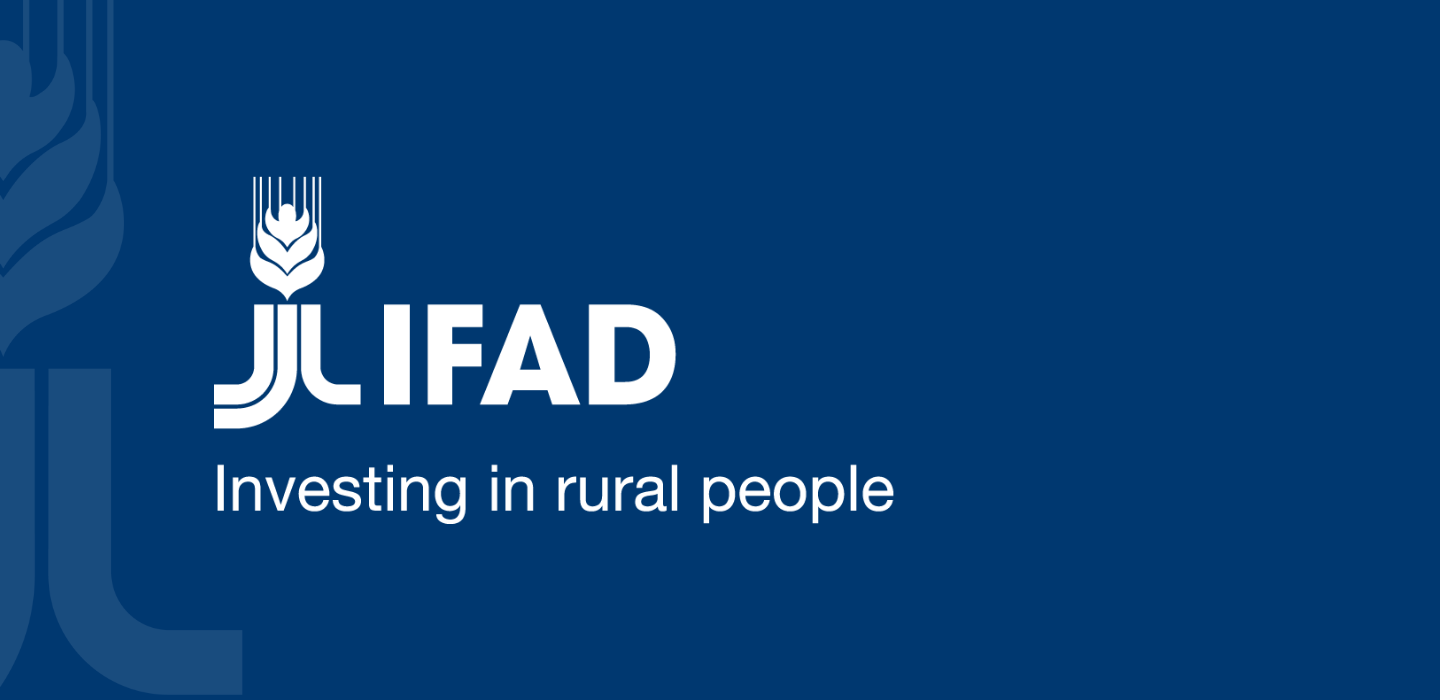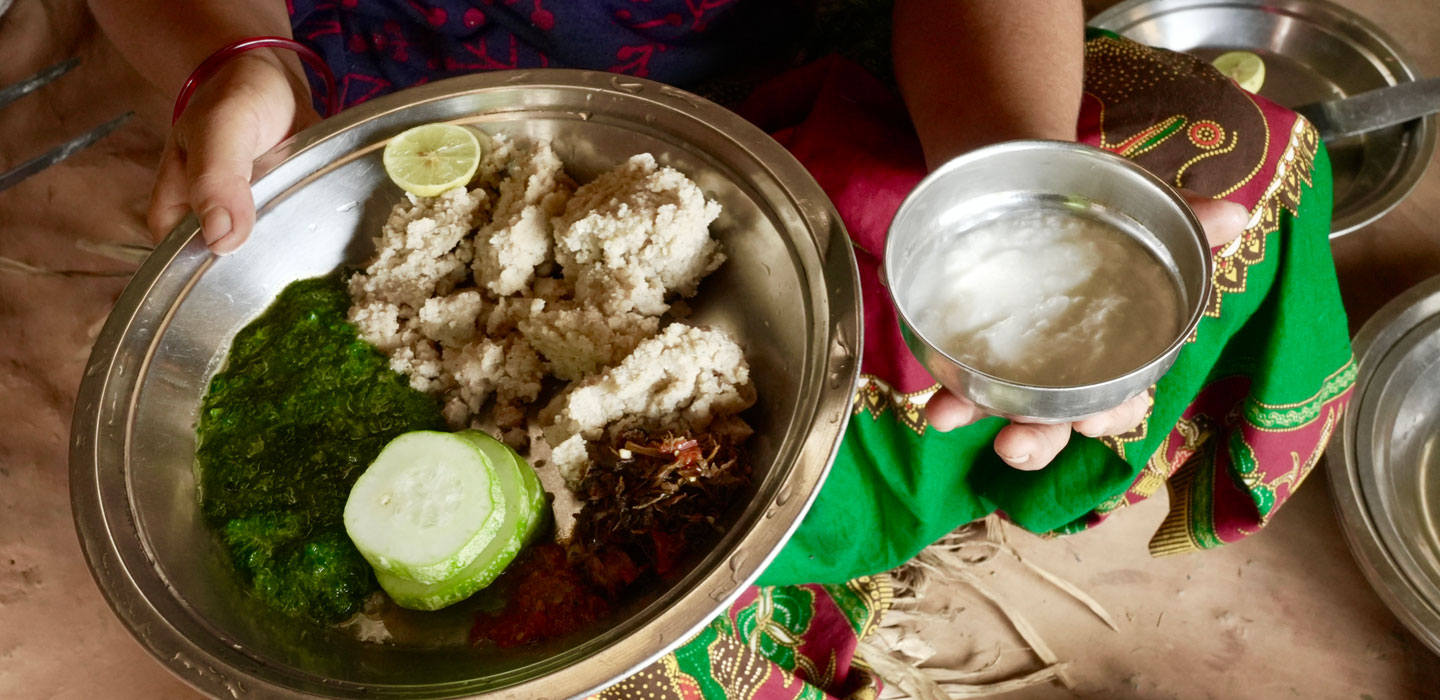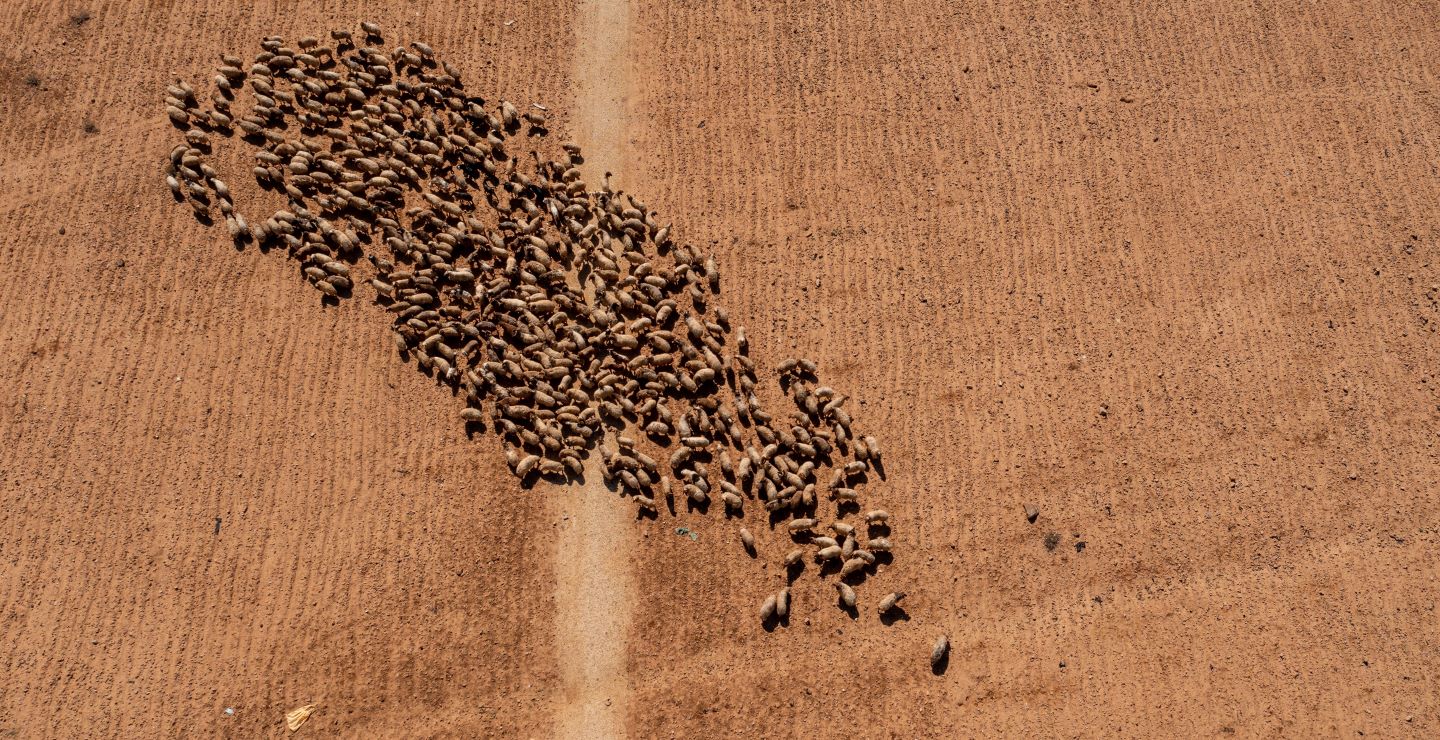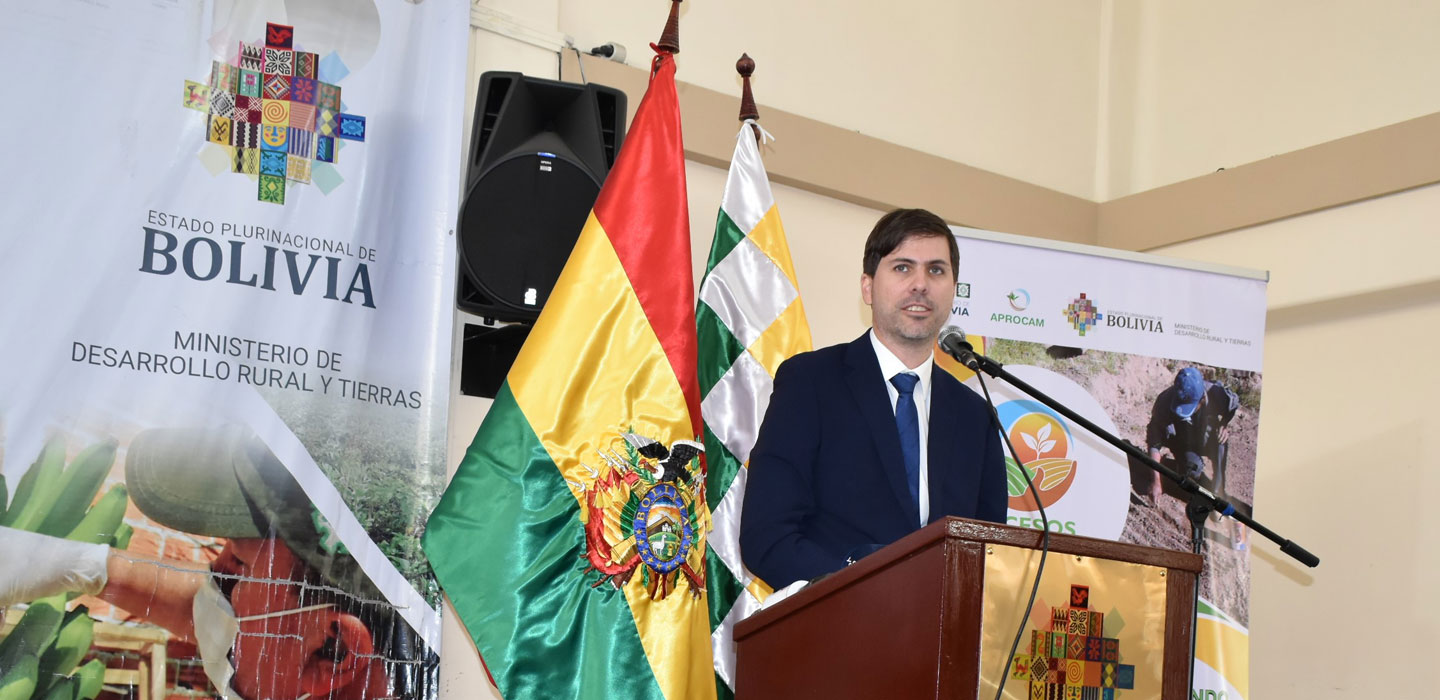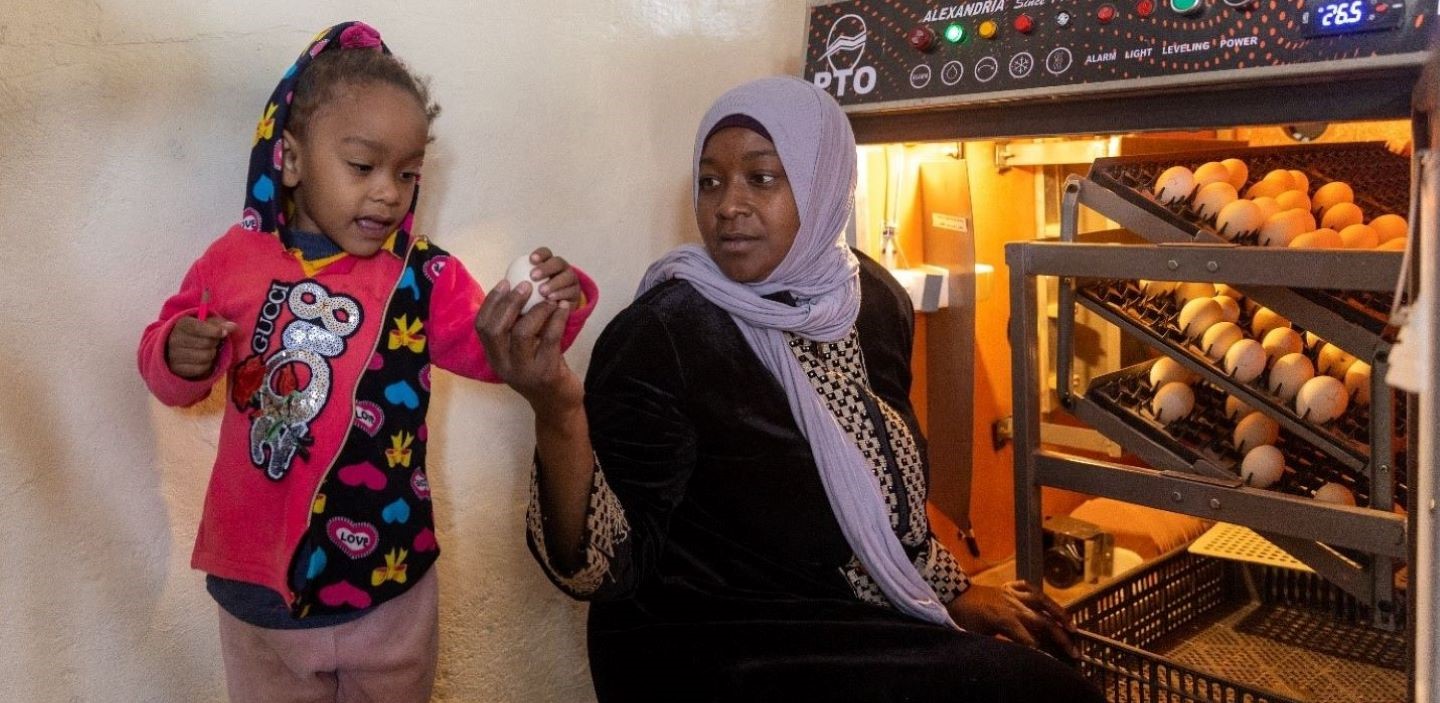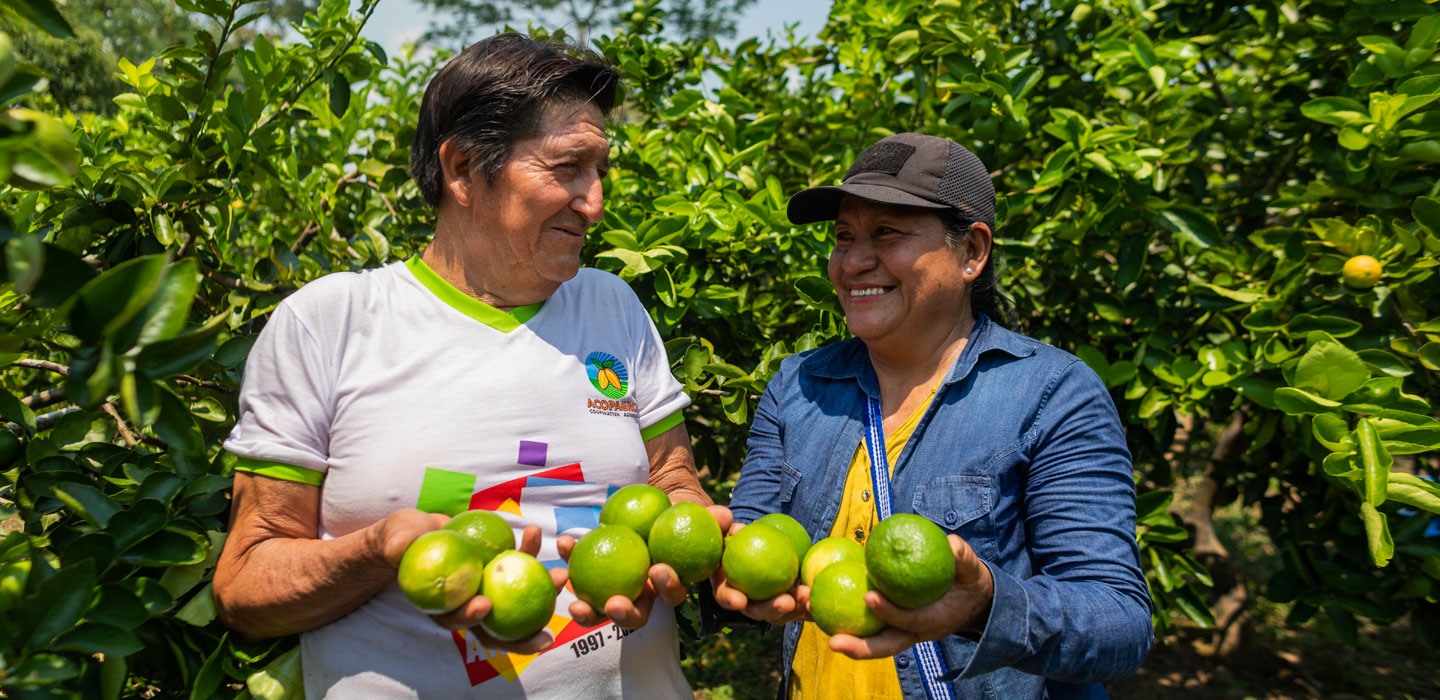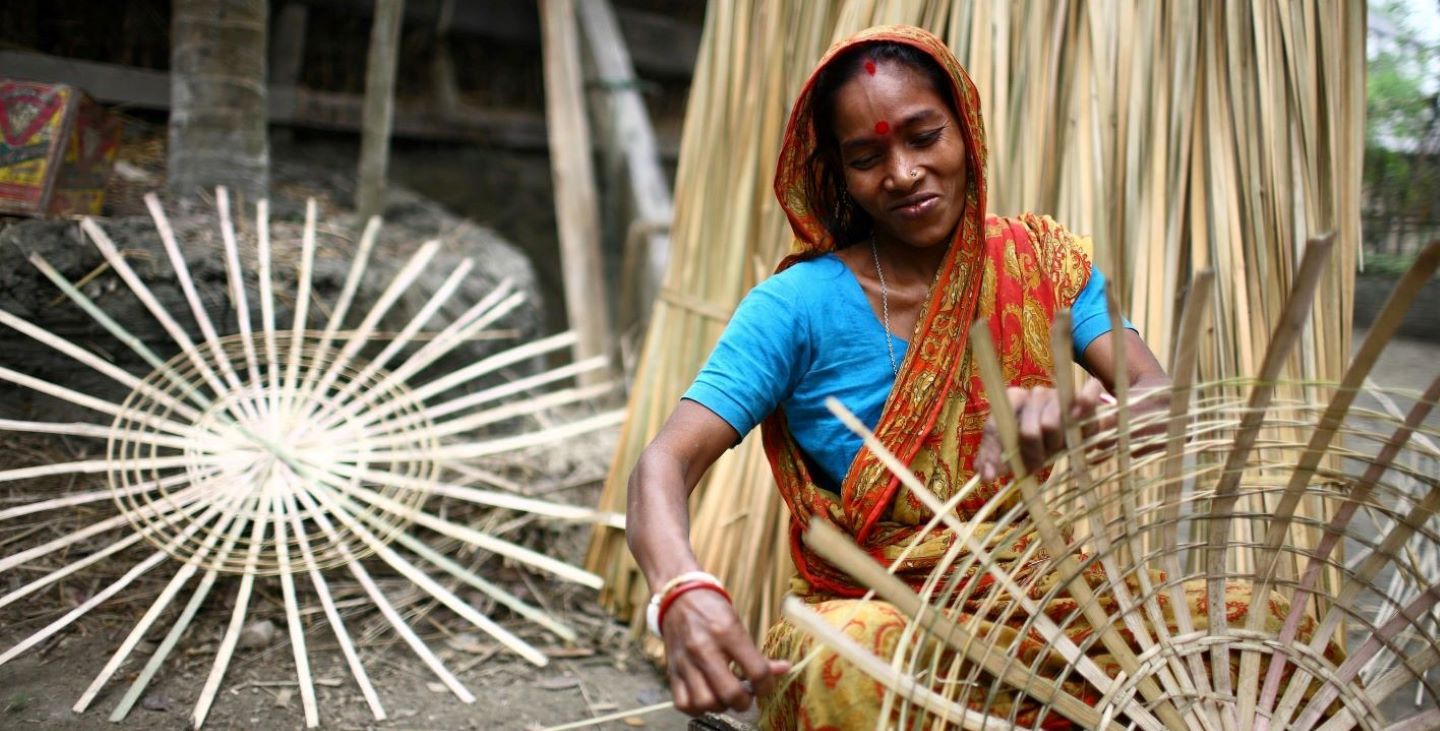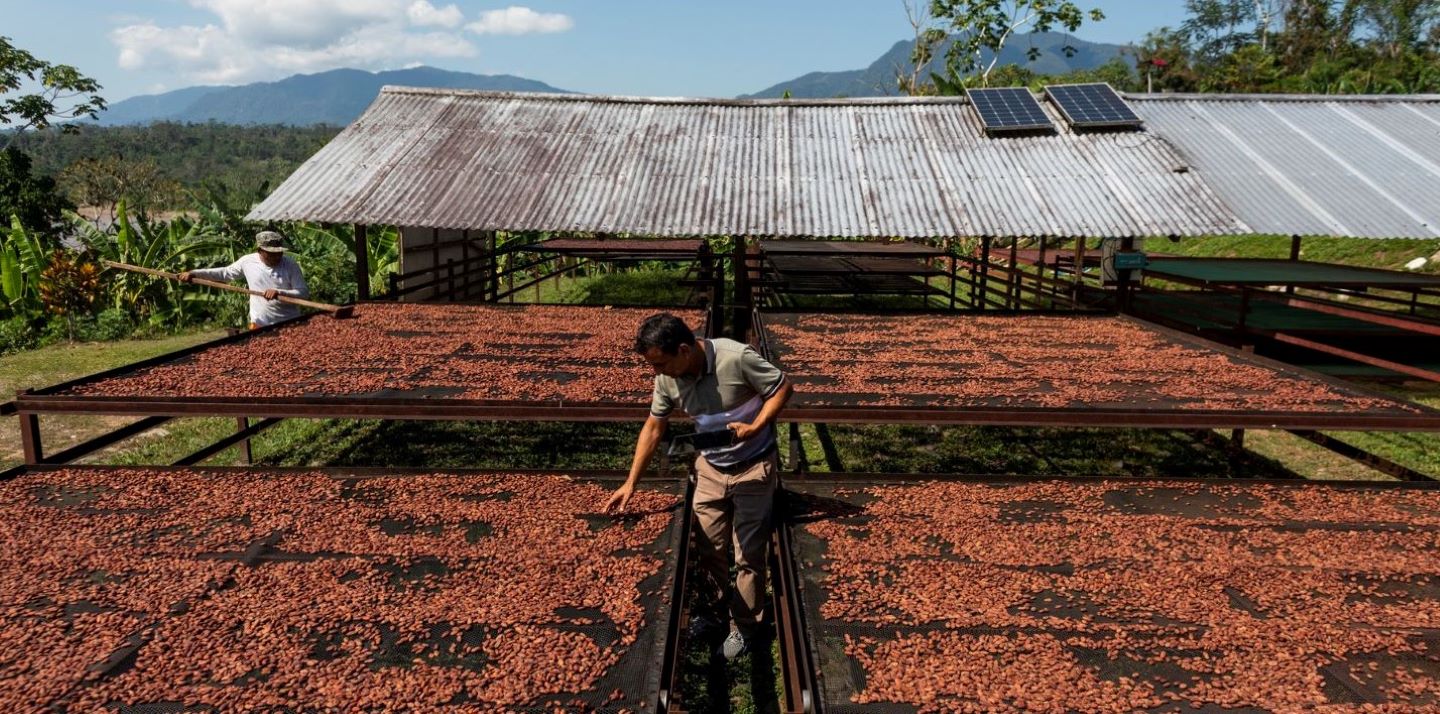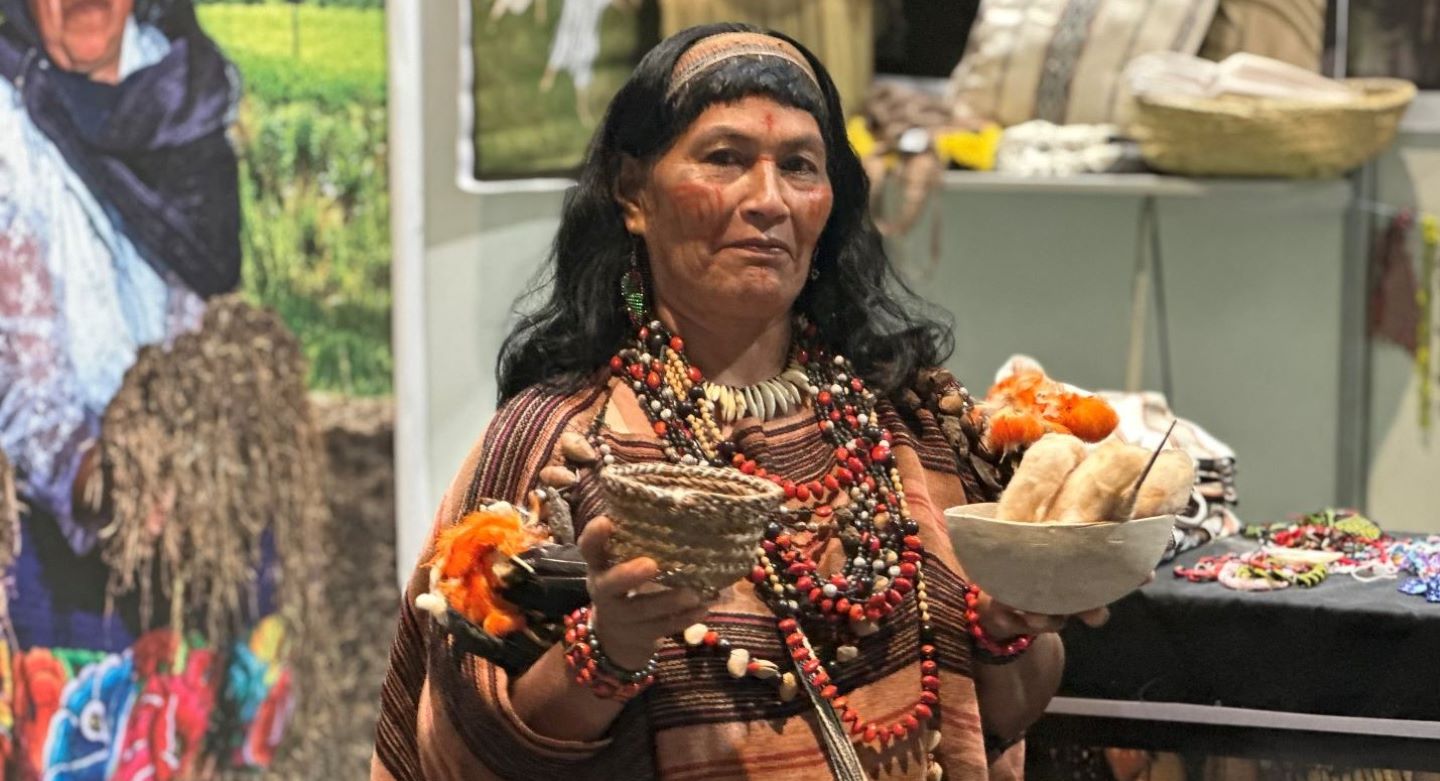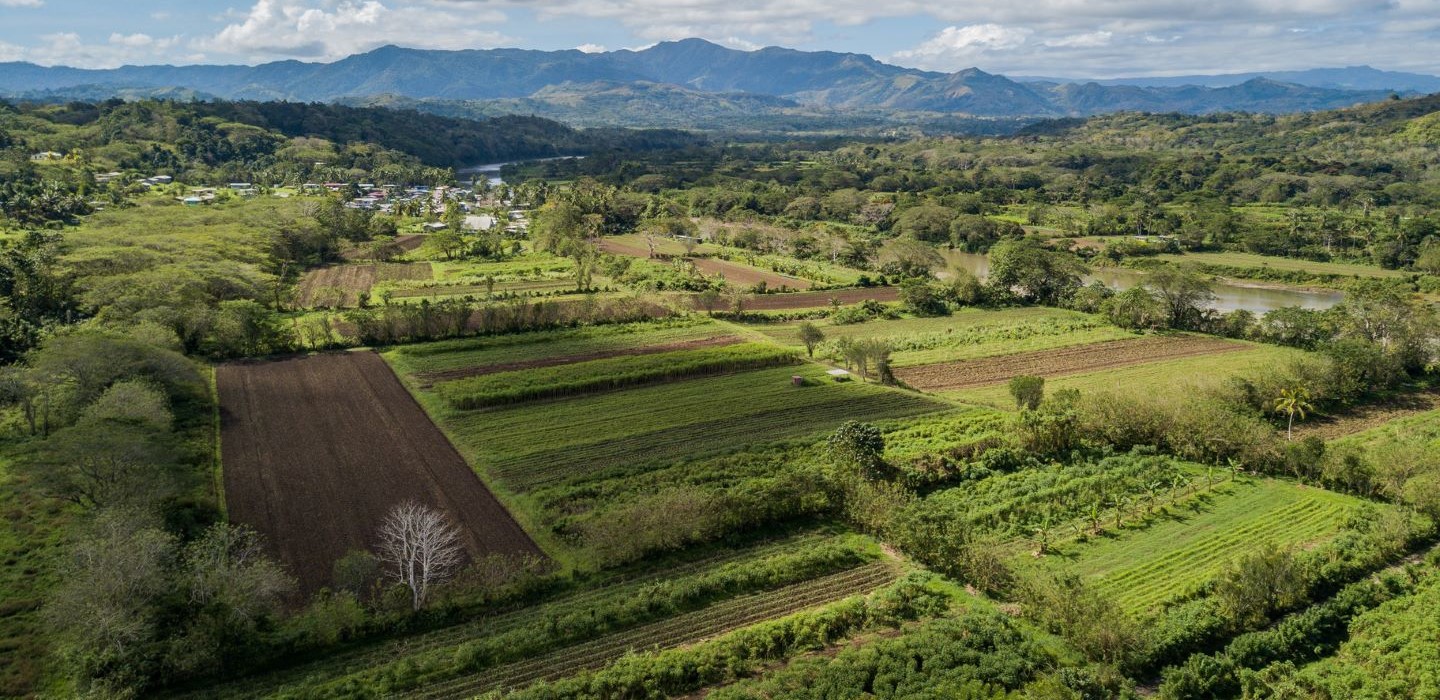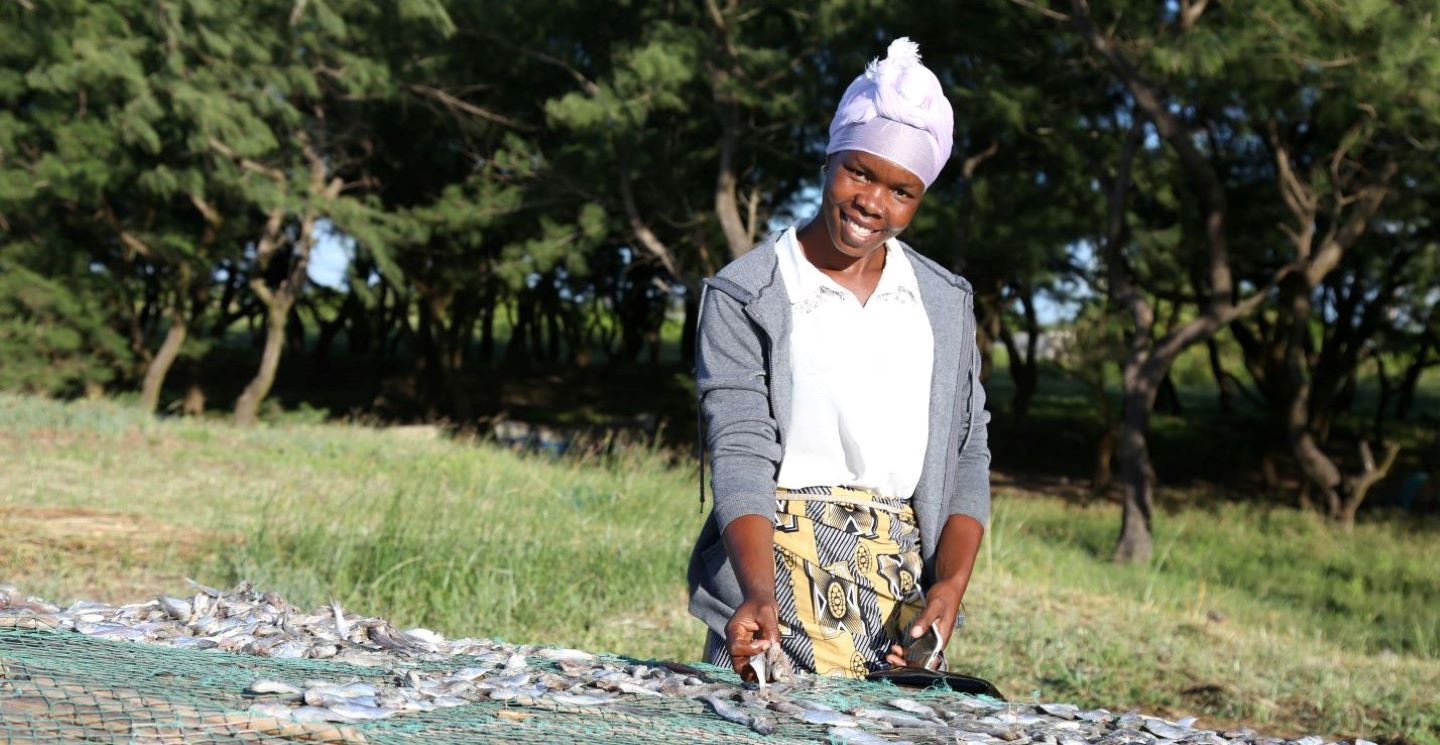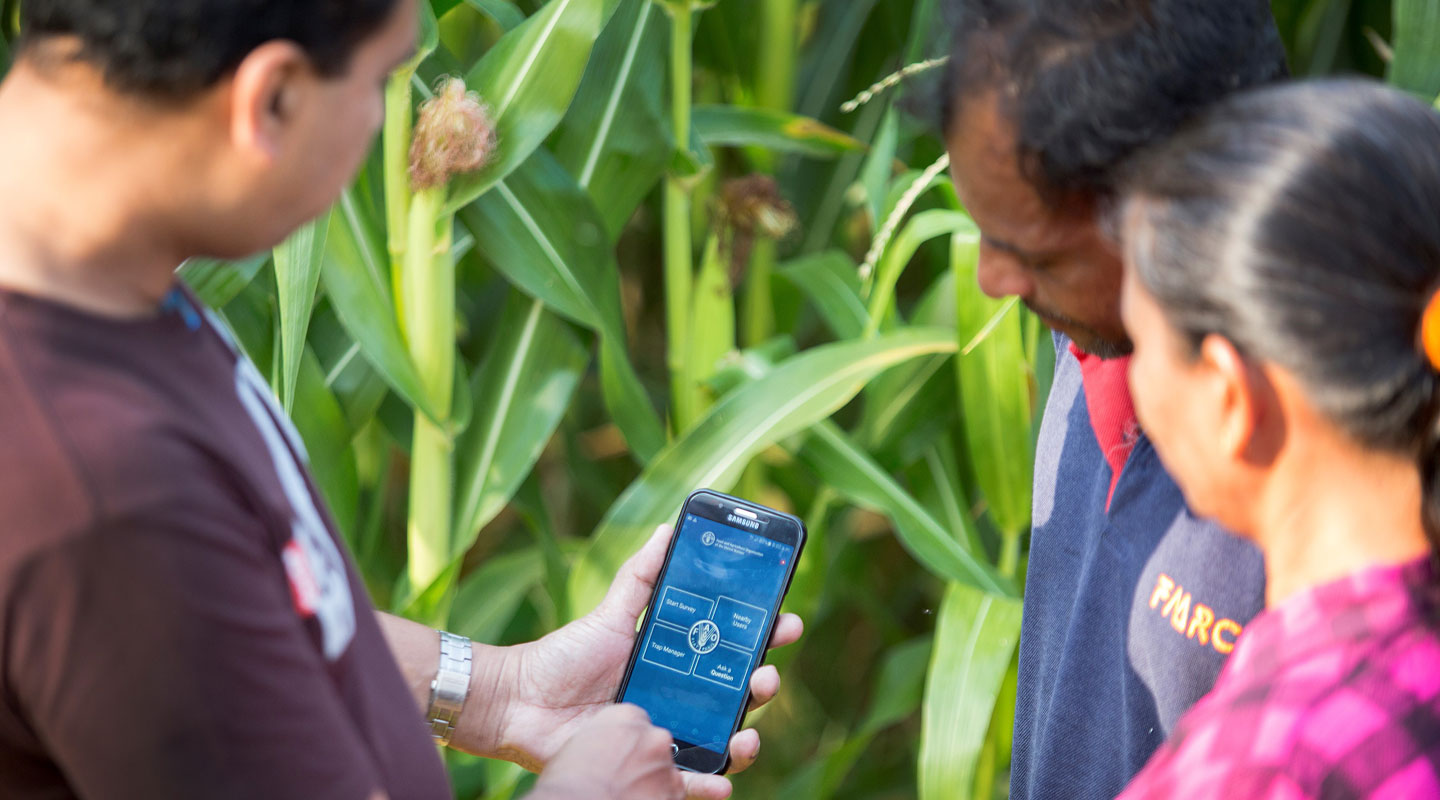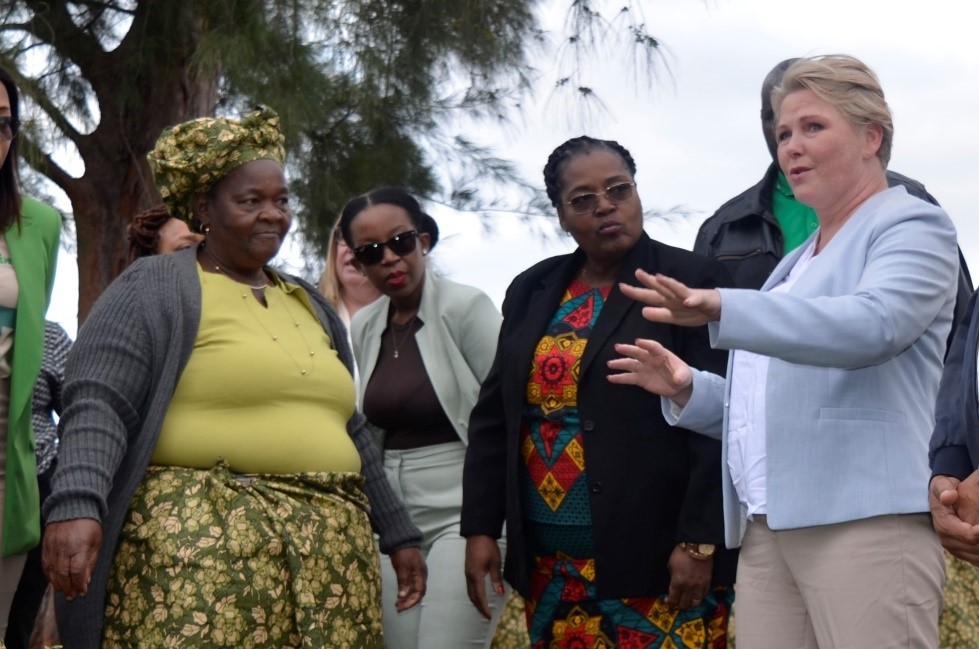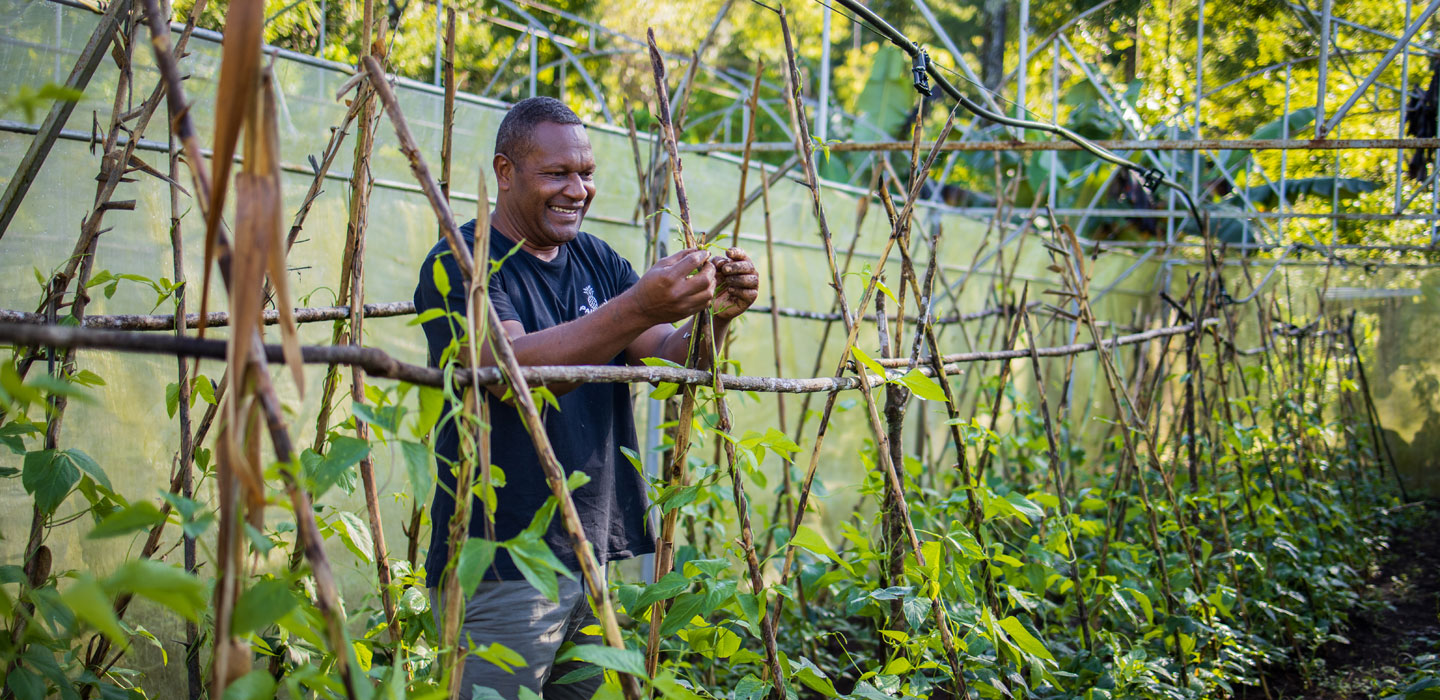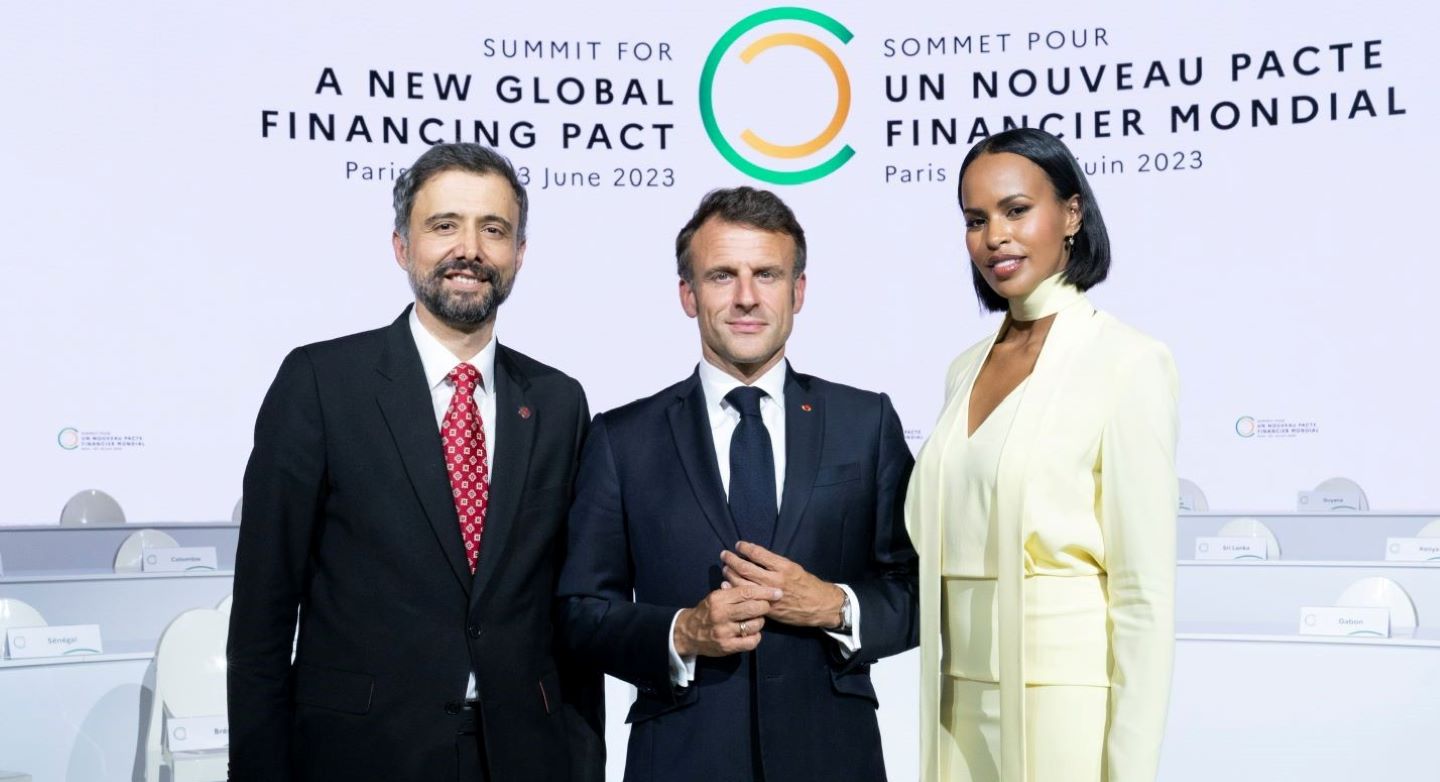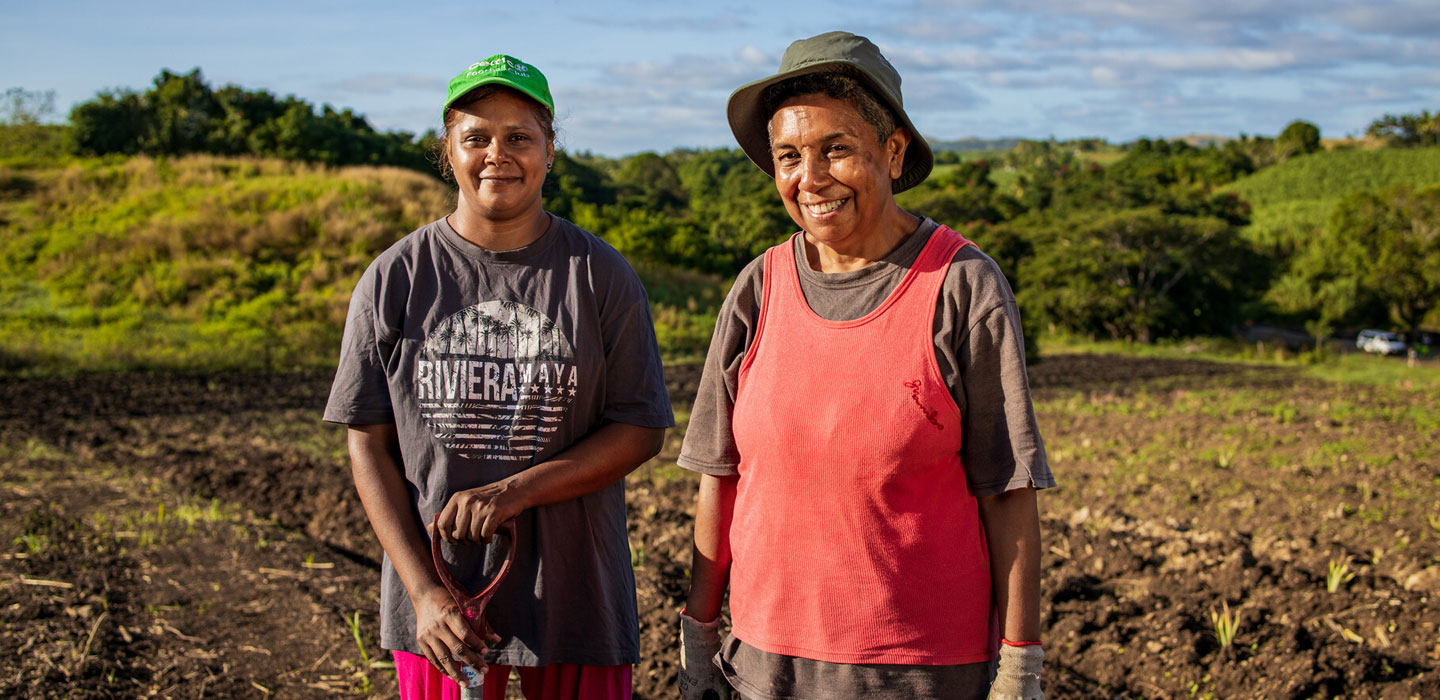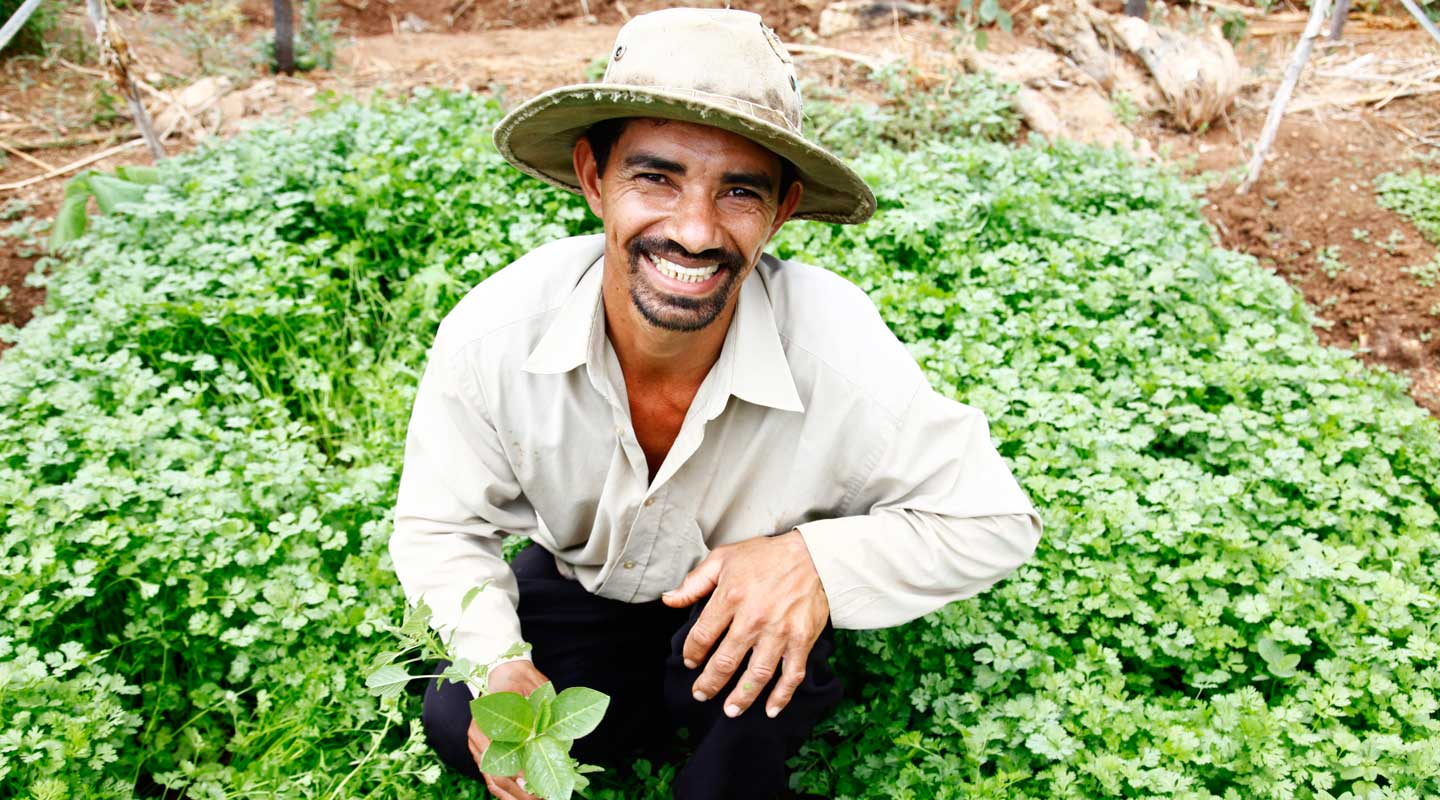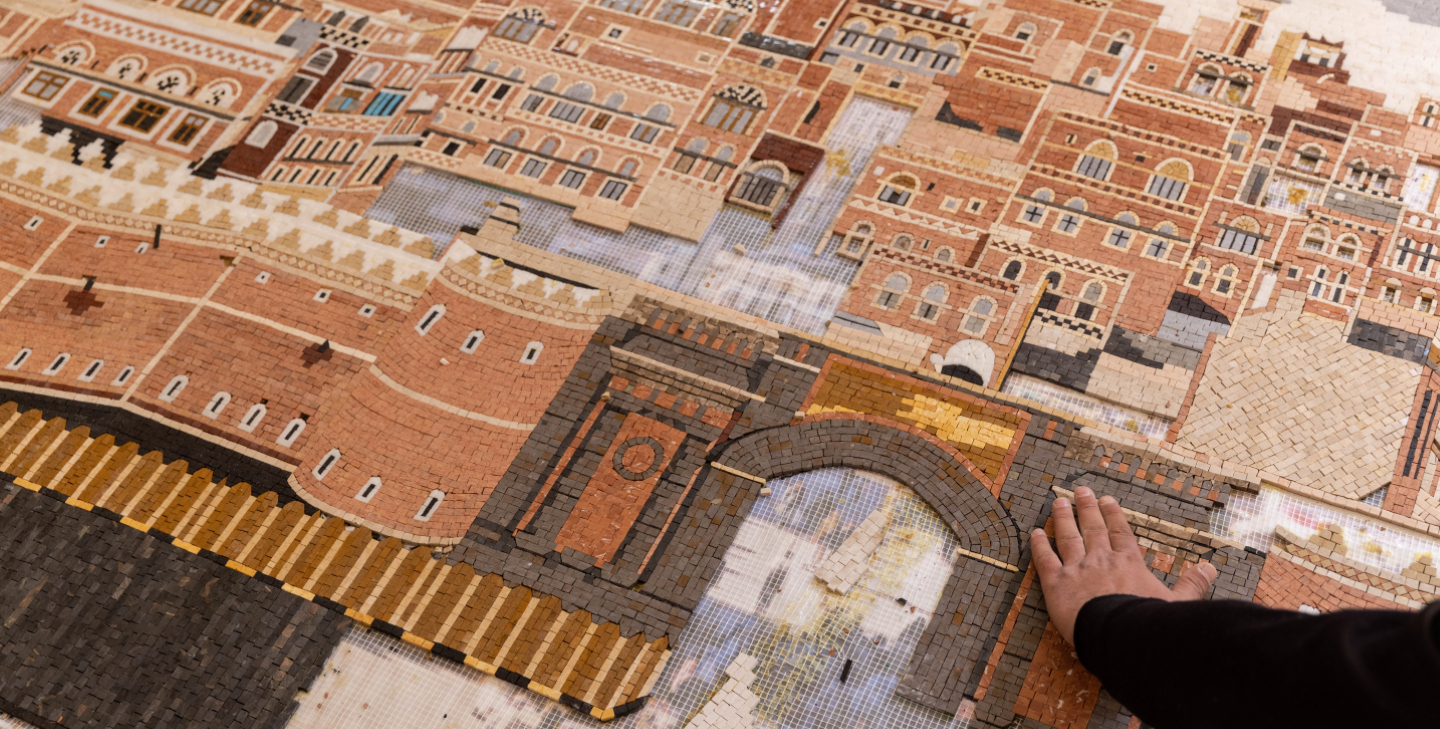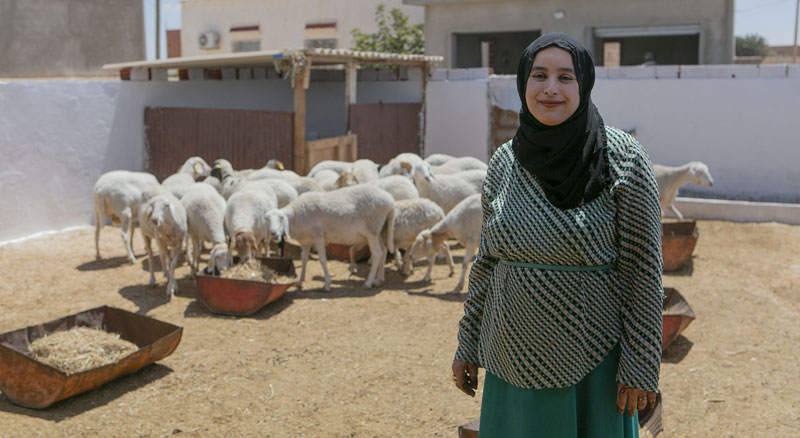Latest
Latest

Latest
Manual Submenu Topics
Search Results Filters
Search Results
New Zealand contributes US$3.57 million to IFAD to enhance resilience of Pacific island communities through climate smart agriculture
IFAD and the Government of New Zealand signed a NZD 5.75 million (USD 3.57 million) agreement to support Pacific communities to ensure sustainable access to water and healthy diets.
122 million more people pushed into hunger since 2019 due to multiple crises, reveals UN report
Over 122 million more people are facing hunger in the world since 2019 due to the pandemic and repeated weather shocks and conflicts, including the war in Ukraine, according to the latest State of Food Security and Nutrition in the World (SOFI) report published today jointly by five United Nations specialized agencies.
Zero Hunger: Are we on track to achieve it by 2030?
The SOFI 2023 report reveals that many people are still going hungry, with the world’s most vulnerable regions and people worst affected. We explore what is causing hunger today and how we can make real change, now.
Bolivia: Más de 19 000 productores rurales fortalecerán su resiliencia al cambio climático con apoyo del FIDA
Con apoyo técnico y financiero del FIDA, el Ministerio de Desarrollo Rural y Tierras de Bolivia ha anunciado la puesta en marcha de un nuevo programa orientado a incrementar los ingresos y la resiliencia climática de más de 19 000 pequeños productores rurales vulnerables en 35 municipios de los departamentos de Cochabamba, Chuquisaca, La Paz, Potosí y Tarija, y en las regiones del Altiplano, Chaco y Valles.
From bunnies to buffalo, livestock give rural women a living
Meet the rural women who are tending to livestock while earning a living and empowering themselves.
The people feeding the world should get their due
Despite their gruelling work, rural people all over the world aren’t getting a fair return. Find out how IFAD is empowering small-scale farmers to earn and produce more, while improving their working conditions.
Five decades of rural transformation: IFAD's greatest successes
Since its founding in 1977, IFAD has worked to enable rural people all over the world to overcome immense challenges and thrive. We take a look at some of our biggest successes over the years.
UN’s IFAD goes to Ireland calling for increased funding to rural people in bid to curb global food insecurity
The President of IFAD arrives today in Ireland to advocate for greater investments in the small-scale farmers and food producers in developing countries who generate a third of the world’s food but are often most impacted by hunger and poverty.
Miles de familias rurales del VRAEM invirtieron 230 millones de soles junto al FIDA y el Gobierno de Perú para mejorar sus ingresos y fortalecer su capacidad agraria
Más de 50 000 familias rurales en situación de vulnerabilidad, han logrado mejorar sus medios de vida gracias a un proyecto ejecutado por MIDAGRI y que contó con el apoyo técnico y financiero del FIDA.
Spatial technology creates opportunities for vulnerable small-scale food producers as IFAD and ESA join forces
IFAD and the European Space Agency have stepped up their partnership to help vulnerable small-scale food producers increase their ability to grow food and adapt to climate change by using state-of-the-art spatial technology and data.
Food security and nutrition receive a boost in Mozambique
IFAD and the Government of Mozambique signed two grant agreements with a combined value of US$4.2 million.
Innovation matters, especially for small-scale farmers
IFAD applies the latest tools and technologies to support small-scale farmers. Here are six examples of innovations proven to work for rural communities all over the world.
Farmers in Mozambique rise to the challenge
Farmers in Mozambique face unimaginable challenges. We must continue to support them if we want to see rural communities lift themselves out of poverty and thrive. Norway's Minister of International Development, Anne Beathe Tvinnereim, shares her reflections on her recent visit to Mozambique.
SIDS, food security and climate shocks – Episode 45
Small Island Developing States (SIDS) are facing unimaginable challenges, including worsening food security and climate change. Join us and IFAD’s Climate change and environmental specialist Oliver Page to learn more about how to help the islands’ small-scale farmers and fishers strengthen their climate resilience.
IFAD and European Space Agency use spatial technology to better serve the world’s poorest rural food producers
As current global crises converge, business as usual will not suffice. Leveraging innovation and new partnerships has become increasingly important as world leaders search for new ways to tackle hunger, poverty and the growing impacts of climate change.
France champions ambitious call to fund IFAD to ensure long-term global food security and stability
During the Summit for a New Global Financing Pact, held in Paris 22-23 June, France’s President, Emmanuel Macron, called on global leaders to substantially increase their contributions to IFAD.
The New Global Financing Pact must work for small-scale farmers who feed the world and live in poverty says IFAD President
The President of IFAD, Alvaro Lario, today called on world leaders attending the New Global Financing Pact Summit to find solutions that would significantly drive more funding to rural populations and the poor small-scale farmers who are key to global food security.
From the field to our plates, rural people are transforming food systems
Our food systems need to change. Around the world, small-scale farmers, fishers and rural producers are already leading the transformation – here’s how.
Lifelong hobbies become lifelines for Syrian refugees in Jordan
Since 2011, over 700,000 Syrian refugees have crossed the border into Jordan. Here, both refugees and host communities in rural areas frequently struggle with poverty as water scarcity, feed shortage and rangeland degradation make farming a challenge. Meet three refugees that IFAD is helping to face these challenges.
Encouraging young women in business in Tunisia
Hayet has a university degree but, like one third of young rural women in Tunisia, she could not find a job and had no means of earning an income.
